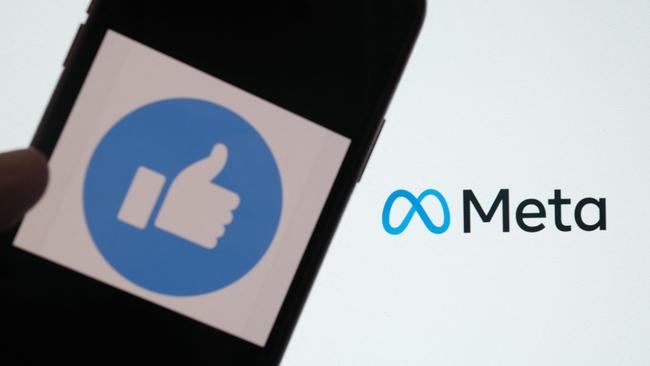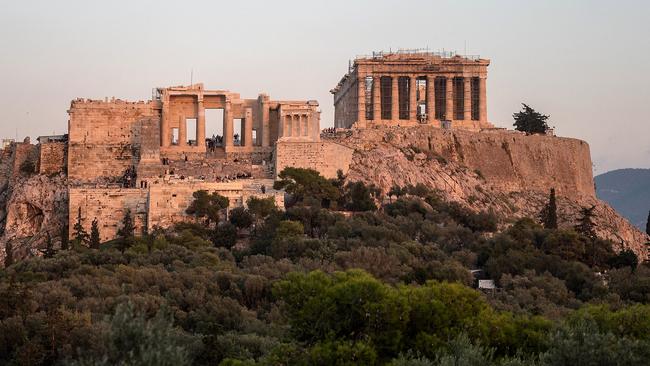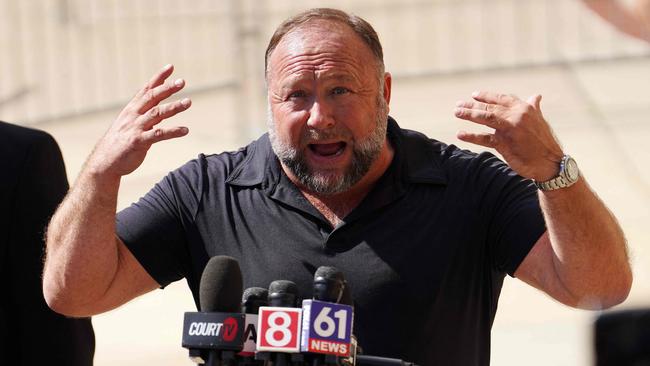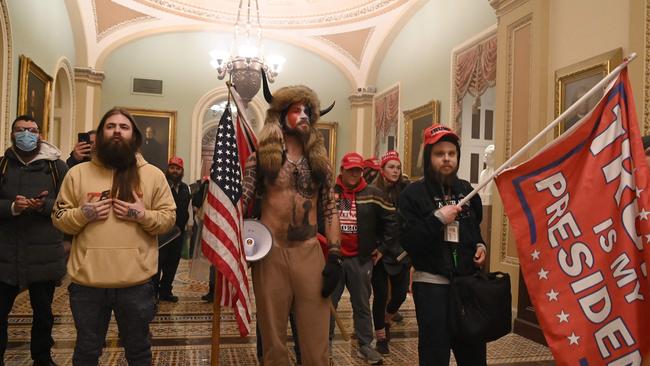Reform social media but don’t restrict freedom of speech

But imagine if some citizens had been sent information every day quite different from that received by others, informed every week there was a conspiracy against them and told by leading figures that the votes were often rigged. Would their city have become the cradle of democracy, still an inspiration after nearly three millennia? Of course it wouldn’t. It would have collapsed very quickly with crowds storming the podium and imposing an autocrat as their leader.

This is the big picture we have to think about as debate rages over the Online Safety Bill and the chaotic takeover of Twitter by Elon Musk. The rapid rise of social media is changing society fundamentally. There are many benefits: the ease of personal communication, the opportunity for many more people to comment on events and the rise of new businesses. Yet the overall effect on democracies is very negative.
Would protesters have stormed the Capitol last year in a world without social media? I don’t think so. Would America be so dangerously polarised, or Trump – who called this weekend for the setting aside of the Constitution – ever have been elected? Would elections be so open to Russian influence, or so many tens of millions of people across the West have become so much less able to understand the views of others? Probably not.
The economic model of most social media relies on giving users more of what they think they want. As Jamie Susskind puts it in his recent book The Digital Republic: “Clips about recreational jogging lead to videos about ultra-marathons. Vegetarian recipes lead to videos about militant veganism. A video of a right-leaning politician might lead, clip by clip, into a vipers’ nest of alt-right extremism.”

In the tragic case of Molly Russell, a 14-year-old was led on Instagram, according to the coroner’s ruling, to content “tending to portray self-harm and suicide as an inevitable consequence of a condition that could not be recovered from”. The demented belief of the QAnon followers in the US that Trump is battling a clandestine network of Satan-worshipping elites who run a child-trafficking ring might have started as a prank but is now taken seriously by tens of thousands of people.
The Centre for Countering Digital Hate has found that people who looked for one conspiracy theory online were soon presented with further such theories. If you look for anti-vax misinformation you are offered antisemitism as well. Many of those theories are breathtaking in their scope and shocking in their human consequences. Families caught up in the Manchester Arena bombing have had to endure trolling and suspicion from people who believe it never happened and that those killed in the attack are actually living abroad – a conspiracy theory set off by one man whose views have been seen 16 million times on YouTube. It is a case with echoes of the efforts of Alex Jones in the US, now bankrupted by defamation proceedings, who built a large following with his baseless claims that the Sandy Hook shooting was staged, the victims’ families were actors and that the children who died never really existed.

It is hard to establish for certain the impact of social media on society and democracy, but steadily more studies are pointing to very damaging effects. These range from increased vulnerability of young men to radicalisation into violence and terrorism, to the wider effects found in a recent Ofcom study that those who used social media most displayed lower levels of knowledge about news and important issues and higher levels of political polarisation. The think tank Onward found that young people who have more friends online than in person are twice as likely to think that military rule would be a good way to run the country.
Faced with such very serious problems, the main focus of social media firms and legislators has been to moderate or restrict content that is hateful or dangerous. That is important but soon leads to the problem of how to define the words or statements that should be restricted. The government has rightly withdrawn the idea of requiring firms to block statements that are “harmful but legal” – a rule that would have left moderators to decide whether to block perfectly legitimate free speech. Yet its Online Safety Bill can only ever be a holding operation, a sticking plaster on a spreading disease, because ultimately social media rewards the emphatic assertion, not the considered explanation; thrives on bizarre theory rather than mundane reality; and provides few means of countering irrational beliefs. The problem is not individual words and statements. It is the form that discussion of them takes, which is not collective deliberation.

It is worth passing the bill, which takes many worthwhile steps and places greater responsibilities on the firms involved. Some of its provisions ought to be strengthened, such as requiring age verification to be enforced – Kate Winslet is right to call for firmer age limits to protect children. A new proposed amendment to ensure that information relevant to a child’s death can be obtained from a tech company ought also to be accepted. But that should be part of something much more fundamental. A free and open society needs the understanding of what is happening that will enable it to defend itself.
Social media companies should be required to make anonymised data available to third-party researchers to study the effect of their policies. Crucially, the algorithms that determine what you see – the news you are fed, the videos you are shown, the people you meet on a website – should not only be revealed to regulators but the choices made in crafting them should then be open to public scrutiny and debate.
Then we must contemplate more far-reaching reform that changes the model of social media, rather than restrict freedom of speech. Susskind’s idea is a legal standard requiring that “major platforms should have reasonable systems in place to encourage civil deliberation on matters of public importance”. Couldn’t tech firms be made to promote reputable news sources, or to show people different viewpoints and encourage changing of minds?
We will have to become much more ambitious. Athenian democracy would not have survived a descent into conspiracy-fuelled echo chambers of polarisation, and nor will ours.
The Times







It was understood from the very beginning of democracy, in the Athens of the sixth century BC, that listening to opposing views was a vital part of it. On 40 days a year, thousands of male citizens would attend an assembly to vote on public affairs, having heard the arguments from all sides – in their precincts, the streets, or the assembly itself. They had no need to restrict freedom of speech because untrue statements and unfounded arguments were thus exposed. Athenians knew that democracy involved something more than majority voting. It needed collective deliberation.